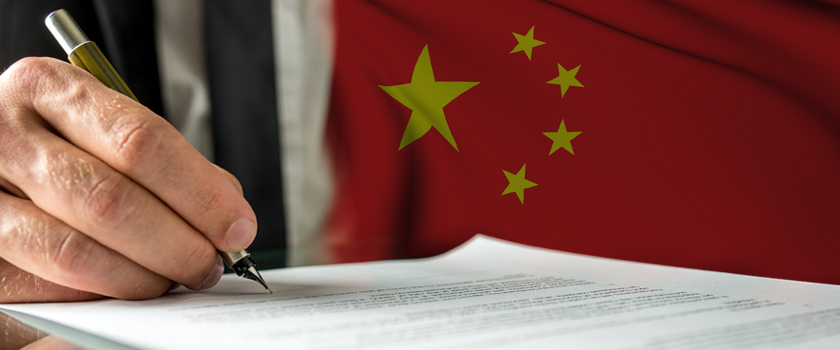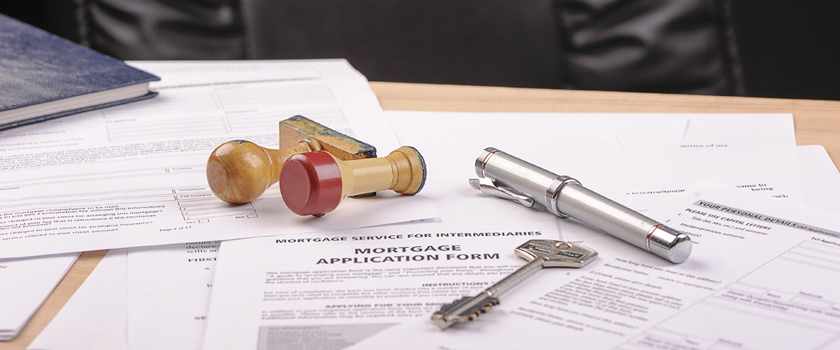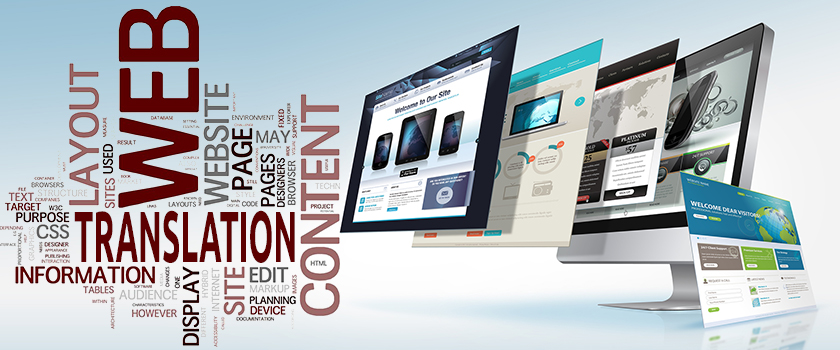2025 Offer Request a Quote Today and Grab a $50 Coupon for Free!
The field of translation and localization is a vast one, with many industries opting for the translation of their content. The legal industry is also one of the many industries seeking to achieve globalization through the translation of its texts. However, the translation of legal documents is a sensitive matter–an inaccurate legal translation may have harmful repercussions for the whole legal community.
This is the reason why it is absolutely vital to have the support of a translation agency that delivers accurate and precise legal translation. But there are some difficulties that translation agencies may encounter in the process of legal translation. Nevertheless, by following some tips, the translation of legal text and documents may be executed successfully.
Below are some of the challenges in the legal document translation process and useful tips to translate the tough terminology of these legal documents.
The legal system of a country represents the society it was built on; the unique social and legal principles. The law and the legal language, in other words, reflect the legal system of a nation, its history, culture, and evolution of legal practices.
The nature of the legal language is a difficult process, mainly owing to the legal terminology. In addition, legal translation is a legal niche within the translation field as each country has its own unique legal system. Moreover, accurately explaining the different legal systems of countries in different languages is an arduous task for a legal translation company.
Here are some of the most common challenges in the legal document translation process:
Legal terminology varies widely
One of the most common problems that professional document translation services face is the variation in legal terminologies across countries. Most of the legal terms used in English and a lot of other languages are in Latin. This legal terminology can confuse a translator who does not have a prior experience in legal translation. In addition, the legal terminologies between the source and the target language often vary by a large margin. The translator must constantly compare the different legal systems during the translation of the text to translate them accurately.
Difficulty in understanding the context and the law
Legal translation requires a thorough understanding of the context and background of the country for accurate translation. For this translation of legal documents, the legal translators must have both practical and theoretical skills, as they must understand the legal systems of the target country, in addition to the culture and customs of the people residing there. In addition, as the translation profession is often under the regulation of national licensing bodies, certifications are required for all legal translators. These certifications ensure that the translator is familiar with the legal jargon and terms.
Cultural challenges
Another common challenge that most translators face, irrespective of the industry they are translating for, is understanding the cultural context. The legal translation must accurately match the source material, but this can be a challenging task when the source material is filled with tough-to-understand terminology. Since every culture has its own context and background, it is often a challenge for legal translators to accurately translate legal documents while keeping the cultural context in perspective. Accordingly, legal language experts must be aware of the cultural nuances, while ensuring that the translation accurately reflects the intent of the original document.
Lack of translation resources
Using resources while translating is a common practice for all translators. To ensure accuracy in legal translations, certified legal translation industry experts often use dictionaries, glossaries, databases, and other resources. However, these resources are often quite expensive and may be hard to find by translators. This means that the professionals dealing with legal translations must have access to legal resources for accurate translations. Even after the translation has been executed, the linguists may need access to the translated documents in case they need to refer to certain legal terms. Likewise, these resources may be hard to obtain, especially when the translator resides in another country.
Incorrect usage of automated tools
Much like technical translation, legal translation is filled with tough words and phrases that must be translated as accurately as possible. Once the legal translation is complete, a high level of expertise is needed for proofreading. Legal translators usually resort to using automated tools for checking the translations. Often, these automated tools come with an “autocorrect” function, which can lead to mistranslations and misunderstandings. This is why it is necessary to employ the services of expert legal translators for cross-examining and checking the legal translations once they are complete, as it would enable them to remove any errors in translation.
Owing to the sensitivity of legal matters, it is necessary to deliver accurate and professional legal translations. However, the legal terms and phrases are complex, making it difficult for them to be translated accurately. This makes the whole translation of legal content a cumbersome task.
Nevertheless, there are certain best practice tips that can help legal linguists in translating complex legal jargon and words. These are some of the tips to follow:
Keep structure in perspective
Before starting the translation of a legal document, make sure the original document is well-structured and organized. It is recommended to use the same style and structure throughout the translated document to keep a flow. In case the formatting is different, the translator may include an explanatory note. Note that some elements such as the legal company’s name and signature may not require translation.
Understand the rules of the terms
The legal terminology is complex and quite tough to understand, especially for someone with no legal education. To ensure accuracy, it is important to stay up-to-date with all the rules addressed in the source legal document. With an in-depth understanding of all terms and rules, a legal translator can be in a better position to translate accurately. Likewise, if you need legal translations of your documents, working with a translator specializing in legal translations of your target market can ease up the matters of translation. This is because every region or country is different and each has its own legal rules and regulations. An understanding of the rules of translation can have a profound impact on legal translation.
Consider the usage of your document
It is important to consider the context of your legal document before sending it for translation to some legal translator. Consider where your legal document will be used. This will affect the form, tone, style, and terminology used in the translation. By understanding the context of where your legal document will be used, you can provide a clear description of the end goal to the translator. This will enable them to adopt a more direct path when translating your document.
Keep the tone in mind
Along with the correct translation of the legal terminology, it is equally important to have the right tone when translating. This tone is equally important in both the source and the target language. For example, if the source document has an urgent tone that requires quick action, this tone needs to be maintained in the target language. A failure to accurately translate the tone may not create a sense of urgency and may prevent legal action from being taken. It is vital that the translation maintains the severity of the situation even after translation. Hence, be sure to communicate the specific tone of the legal document that you want in the translated text.
Use the services of experts
It is quite hard to find translation experts and professionals, especially if you want to translate complex legal text. Contacting professionals and experts in the legal field is a guaranteed way of ensuring the translated document is accurate. Likewise, consulting and seeking the help of a lawyer in your target country can ease up the translation matter by a few notches. Other than professional advice, it is vital to work with an experienced legal translation service so you can entrust your project with them. Make sure to thoroughly research your chosen translation partner before handing them the translation. Check for any prior experience, in-depth knowledge, and familiarity with contracts, licenses, and legal matters of sensitive nature.
Ensure confidentiality of text
In legal translations, as well as other translations, it is imperative to keep the source and the target document strictly confidential. The reason is that legal matters must not be disclosed to anyone and should be kept confidential to avoid any legal mishaps. Be sure to communicate to your legal translator about the confidentiality of the document before translation. This will further ensure your translation is safe and confidential.
The translation of legal documents is a tough task to undertake. The reason is that legal documents contain matters that are strictly confidential and sensitive in nature. Any mistranslation or error can result in legal mishaps that may lead to problems for all stakeholders. Although there are a number of challenges in legal translation, with the help of expert translators, such legal translations can be executed successfully without any problems.

Mars Translation provides high quality and professional Certified French Translation Services all over the world. We have a team of
Read more
Mars Translation provides one of a kind professional Chinese Document translation services all over the world. All of MT’s translators
Read more
MarsTranslation provides one of a kind Chinese Legal Translation Services. We have a team of native Chinese linguist who specialize
Read more
Chinese Certified Translation services is one of the most asked for service at MarsTranslation. We believe in providing quality services
Read more
Mars Translation is one of the fastest growing companies in the translation industry. This is the reason why we pay
Read more
MarsTranslation has a huge team of website translation specialists in more than 230 languages. Our translators are constantly supported by
Read more
Mars Translation provides high quality and professional Certified Spanish Translation Services all over the world. We have a team of
Read more
Mars Translation has hired some of the best and most experienced Danish translators to work on your translation projects. We
Read more
Medical terminologies are tough to understand and not easy to comprehend by everyone. Although these terminologies are difficult to understand
Read more

